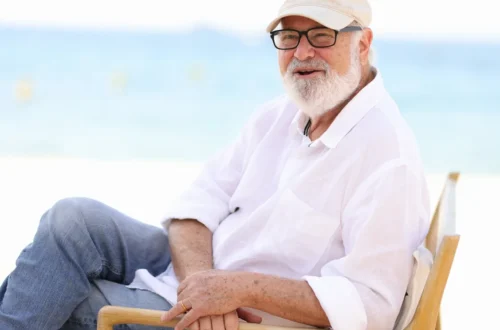More than three decades after their parents were slain in a horrific murder that riveted the nation, Lyle and Erik Menendez have had their most recent bid for freedom denied. This week, the California Board of Parole Hearings concluded that neither brother is suitable for release, ruling that both must remain incarcerated and will not be eligible to file another parole request for at least three years.
Erik’s hearing took place first and lasted nearly a day. He appeared via video from the Richard J. Donovan Correctional Facility in San Diego, where he spoke—some might describe it as calmly—about his state of mind, claiming terror and emotional rupture as the catalyst for the murders, which he has described as an act born of self-preservation after decades of abuse. The parole panel, however, was unimpressed. They cited numerous disciplinary violations, including possession of contraband cell phones and inappropriate behavior with visitors, as evidence that Erik has not demonstrated the insight or rehabilitation necessary to justify parole.
The following day, Lyle faced the board for his own hearing, which stretched nearly twelve hours. Despite advocacy from his family, who spoke of his educational pursuits and mentorship roles within the prison, the panel similarly determined that he showed signs of lingering risk. Like his brother, Lyle had been cited for prison rule violations—most notably illicit cellphone use—which weighed heavily against him in the commissioners’ deliberations. Their decision was decisive: Lyle, too, must wait another three years before reapplying for parole.
Supporters of the brothers were quick to voice their disappointment and frustration. Stepfamily members and cousins spoke out publicly, decrying the system’s refusal to recognize the years of self-reflection and growth the brothers say they have undergone. Erik’s stepdaughter took to social media, calling the hearing a “complete setup from the inside,” while others emphasized their commitment to continued advocacy, invoking the possibility of clemency or a new retrial based on recently uncovered evidence of abuse.
That new evidence has kept the case alive in both courts and conversation. A letter from Erik to a relative, written before the murders, alleges ongoing sexual abuse at the hands of their father. In addition, a former member of the pop group Menudo has come forward claiming similar abuse. These claims have become the subject of legal motions for a new trial or resentencing—a push that has been met with resistance by the current Los Angeles District Attorney, who called the brothers’ accounts deceptive and politically motivated. At the same time, supporters argue that the legal process must account for new material that could reshape perceptions of motive and culpability.
The timing of these parole hearings has also reignited public interest, especially following dramatizations of the case in true crime media and streaming platforms. Images and commentary circulated widely on social media, drawing a divided response: some decry the brothers’ actions as cold-blooded murders motivated by greed, while others portray them as victims of trauma and misguided defenders of their own lives.
For now, though, both Erik and Lyle Menendez remain behind bars. The parole board’s ruling reflects a decision that rehabilitation has not yet been proven. It preserves the legacy of one of the most sensational criminal cases of its era, standing as a reminder that the legal system continues to view them as a potential threat, despite decades of imprisonment, legal maneuvering, and emotional appeals.
The next three years will likely see continued legal battles, public debate, and efforts aimed at clemency from the governor—efforts that may redefine justice in a case many thought had been closed. For the Menendez brothers, however, the narrow path to release remains blocked, for now.




